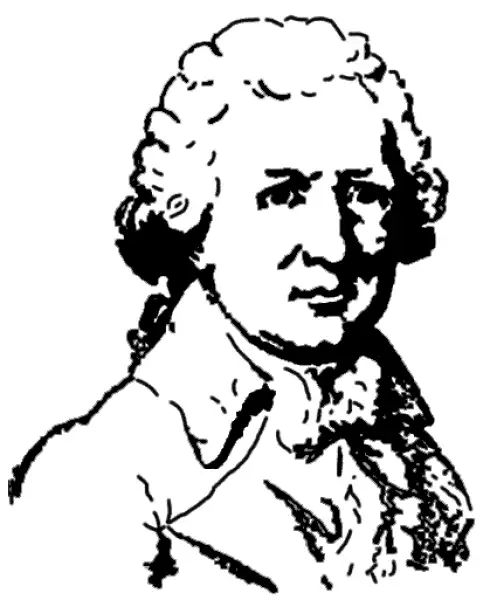
Timeline
Title
Country/Nationality
Louis Bourrienne
Louis Antoine Fauvelet de Bourrienne was a French diplomat, born in Sens. He is known primarily for his close relationship with Napoleon Bonaparte, of whom he wrote in detail in his celebrated memoirs.
Bourrienne is famous for his Memoirs of Napoleon Bonaparte, a work based on years of intimate friendship and professional association. They met at the Military Academy at Brienne in Champagne when eight years old. Napoleon recalled the famous snowball battles that he masterminded: “Unfortunately the pleasure did not last long, for we put stones in the snowballs, so that many boys were injured, among them my friend Bourrienne, and the game was forbidden”. Typically, Napoleon recalled that when they graduated in 1787 at age 15 he led in all subjects; Bourrienne recalled that Napoleon led in mathematics, while he was first in all else.
Bonaparte continued his military studies and entered the army. Bourrienne prepared for a diplomatic career, studying in Vienna and then at Leipzig. Appointed Secretary of the Legation at Stuttgart he remained there during the first years of the French Revolution, flouting orders to return. He did not come home until the spring of 1792, so his name was on the list of emigrants, a potentially dangerous classification. Reunited with Bonaparte in Paris, they enjoyed bachelor life together, and among other incidents of that exciting time were horrified witnessing the rabble mobbing the royal family in the Tuileries and the massacre of the Swiss Guards at the same spot. After that Bourrienne returned to his family home in Sens. Following the affair of 13 Vendémiaire he moved back to Paris and again associated with Bonaparte, who was then second in command of the Army of the Interior and who soon left to command the Army of Italy. The spectacularly victorious general urgently summoned Bourrienne to Italy for the long negotiations with Austria where his knowledge of law and diplomacy was useful in drafting the terms of the Treaty of Campo Formio . Bourrienne recognized that his friend was likely to become a major historical figure, so he began making notes and filing copies of pertinent documents. In November 1797 his name was removed from the list of emigrants.
In 1814 the victorious Allied Armies occupied Paris. Charles Maurice de Talleyrand-Périgord headed a Provisional Government in which Bourrienne was appointed head of the Post Office, which was also responsible for secretly transcribing suspects' letters. He participated in the meetings with the Tsar and other Allied leaders that led to the Bourbon restoration. The returning Louis XVIII received him warmly, nevertheless he promptly lost his position. When Napoleon escaped from Elba Bourrienne was appointed Prefect of Police. Napoleon issued an amnesty for all but thirteen individuals; one of them was Bourrienne. He spent the Hundred Days with Louis XVIII in Ghent. After that he did not play a notable part in public affairs. In 1830 he published his book and that revolution cost him his fortune. He died at Caen on February 7, 1834, after spending two years in an asylum.
Books by Louis Bourrienne

Memoirs of Napoleon, Vol. 1
The author and Napoleon become boyhood friends when they are eight years old in Corsica. They separate when Napoleon is transferred from the Military College of Brienne to another college in Paris in 1784. Napoleon has a stern or disdainful personali...